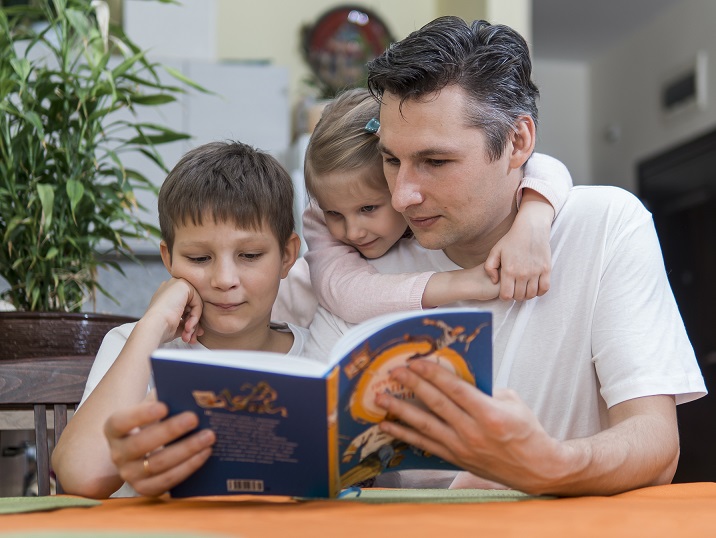Roll up your sleeves and get ready to join the club of 21stcentury dads, who take an active role in raising a baby.
Dads who actively bond with their babies from day one not only boost their child’s physical and mental development, but also hold the key to their family’s strength as a unit, and even to their child’s future attitudes and their likelihood of success in life.
Children whose fathers bonded with them at an early age tend to be academically more successful, emotionally more secure, use drugs and alcohol less frequently, and are less likely to get involved with crime. No pressure there! It seems we’ve come a long way from the days when a father was expected to stay firmly in the role of protector, breadwinner, and disciplinarian and rarely had much involvement in their child’s early upbringing at all.
A baby’s brain development and emotional stability relates directly to a father’s involvement during the early years of life.
But is it all just about dividing up the chores, sharing the yucky jobs, and helping with the practical demands of having a new baby?
On the contrary, experts say that what new dads are really needed for is bonding. Good, oldfashioned, gooey-at-the-knees bonding. This is great news for many dads, who are enthusiastic at getting in on the cuddling action. But it can be a challenge for those who are unsure where to begin—and whose own fathers may not have bonded well with them, limited as they were by a different generation’s expectations.
So, how can you bond—and what’s in it for you? Experts stress that you shouldn’t feel you have to be a kind of “second mom.” You’re a dad, do it your way—that’s what your baby needs. Often moms are more organized, for instance remembering snacks when going out, and anticipating the need for sleep, comforters, and entertainment. Dads tend to be more relaxed and are far more likely to “wing it” under the mantra that if you don’t have it, you can always buy it.
Men play more “rough and tumble” with their children, and encourage more risktaking behavior. They also use a different vocabulary, often using complicated words (where mothers adjust their language down) that help to broaden the child’s vocabulary. Yet these different methods of child care are complementary rather than antagonistic, since babies benefit from the two parenting styles—think of it as a mom’s yin to dad’s yang.





















